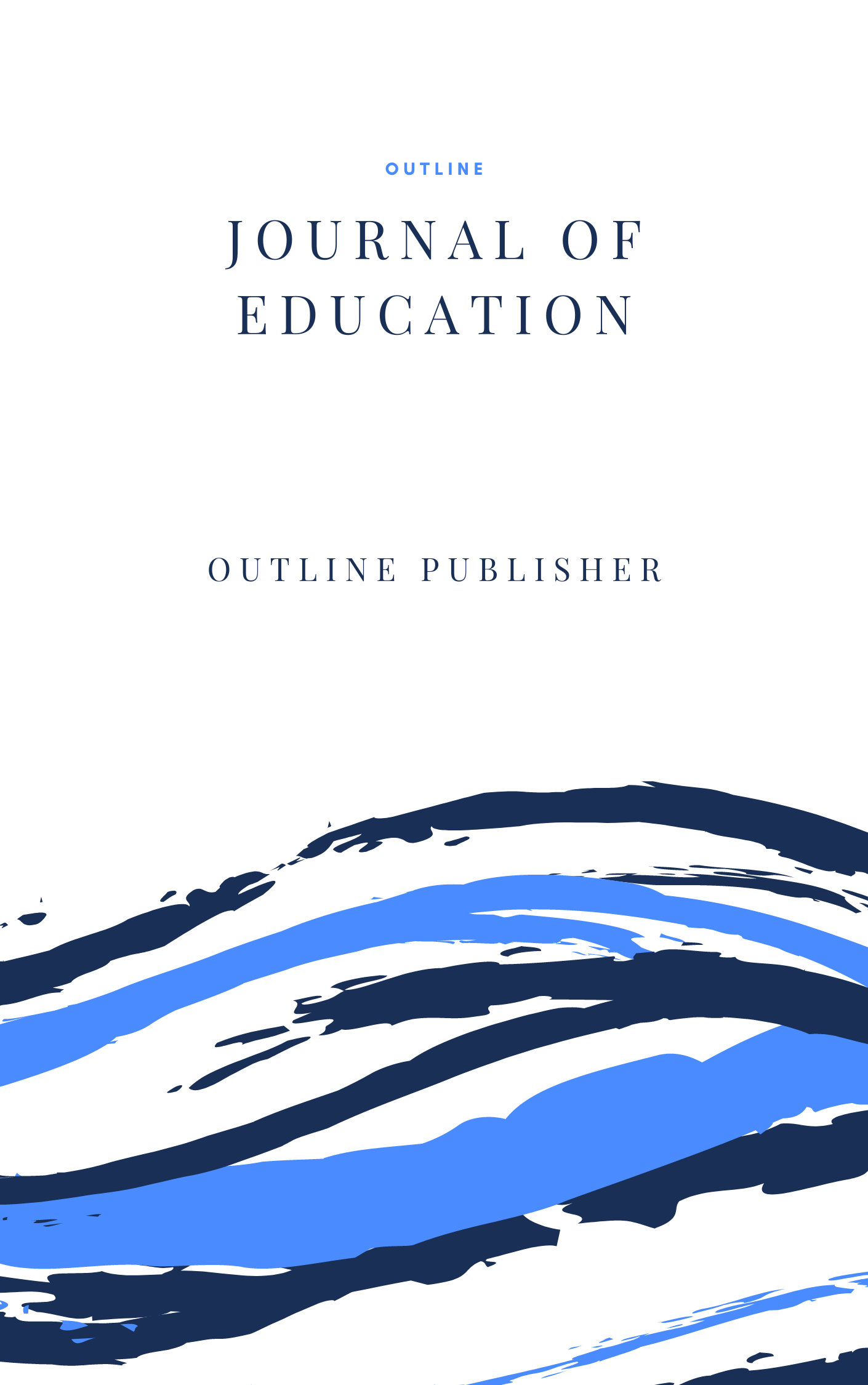Exploring The Knowledge Mastery of Community Language Experts in Religious Activities in Indonesia
DOI:
https://doi.org/10.61730/0wy0rp08Keywords:
Consecutive, Interpreting, Knowledge Mastery, Religious activitiesAbstract
This study is a research work in the field of consecutive community interpreting, focusing on the knowledge mastery and competence of interpreters who provide services in religious contexts. The objective of the research is to analyze and discover the extent to which two interpreters, each participating in different religious activities, demonstrate knowledge mastery and how this aspect influences their interpreting competence. The study employs a qualitative descriptive method, supported by the theory of interpreting competence as the main analytical framework. Data were obtained through questionnaires and in-depth interviews conducted with both interpreters, aiming to capture their personal experiences, preparation strategies, and problem-solving approaches during interpreting tasks. The questionnaires were processed using a Likert scale to provide measurable indicators of knowledge mastery, while the interviews offered deeper insights into the interpreters’ practical challenges and decision-making processes. The findings reveal that knowledge mastery plays a crucial role in shaping interpreting competence, particularly in specialized settings such as religious activities where cultural and contextual sensitivity is essential. The study contributes to the understanding of community interpreting by emphasizing the integration of theoretical knowledge, linguistic skills, and contextual awareness. Furthermore, it highlights the importance of interpreter training programs that incorporate not only language proficiency but also domain-specific knowledge to ensure high-quality interpreting services.
References
Bhaktipertiwi, I. 2018. “Analisis Penjurubahasaan Konsekutif antara Mantan Presiden Barack Obama dan Presiden Joko Widodo pada APEC 2014”. Jurnal Linguistik Terapan (JLT).
Creswell, J.W. 2017. Research Design, Qualitative, Quantitative, and Mixed Methods Approaches. SAGE Publications Inc.
Devito, J.A. 2009. Human Communication: the Basic Course. Boston: Pearson Education.
Gentile, A, Azolins, U, Vasilakakos, M. 1996. Liaison Interpreting: A Handbook. Melbourne: Melbourne University Press.
Gile, D. 2000. “The History of Research into Conference Interpreting: A Scientometric Approach”. International Journal of Translation Studies, 12(2), 297-321.
Khrisna, D.A. 2008. Penerjemahan Lisan Konsekutif Dalam Kebaktian Kebangunan Rohani Bertajuk “Miracle Crusade – This is Your Day”. Surakarta: Universitas Sebelas Maret.
Nababan, M. 2003. “Arah Penelitian Penerjemahan”. Makalah dalam Kongres Nasional Penerjemahan di Tawangmangu hal 15-16.
Notoatmodjo, S. 2003. Pendidikan dan Perilaku Kesehatan. Jakarta: Rineka Cipta.
Pochhacker, F. 2004. Introducing Interpreting Studies. New York: Routledge.
Syahputra, B. 2017. Disertasi. Interpreting Techniques by a Tour Guide in North Sumatra on Tourism Attraction. USU Press.
NAATI. 2016. NAATI Interpreter Certification: Knowledge, Skills, and Attributes. https://www.naati.com.au (diakses tanggal 10 maret 2020)






















